In the midst of all the hype about a dating show (Love is Blind) and a dark, LA-set comedy (Beef), a complex political drama that requires undivided attention rose to the top of the Netflix chart by Diplomacy Lessons From Netflixs: The Diplomat. At its core, it’s a series about bureaucratic machinations, yet the show ups the ante with fast-paced action, office romance, high fashion, and, most importantly, the urgency of an impending global war that parallels our current diplomatic crises.
Keri Russell (The Americans) plays the lead as Kate Wyler, a career diplomat who reluctantly takes a job as a U.S. ambassador to the U.K. after a deadly attack on the British Navy. Trained to operate in war zones all her career, she must learn to navigate the intricacies and pageantry of the British Parliament while managing her turbulent marriage with Hal Wyler (Rufus Sewell), a fellow diplomat who tags along to assist her in averting an impending global war.
Created and written by Emmy-winning writer/producer Deborah Cahn (The West Wing, Homeland), The Diplomat imparts several valuable lessons that can be applied to our foreign affairs and to our interpersonal relationships. Here are six big takeaways:
1) Diplomacy is like a marriage
One of the more intriguing arcs of The Diplomat is the tumultuous relationship between Kate and her husband, which sets up a fascinating parallel. Diplomacy is the art and psychology of managing long-term relationships between countries to 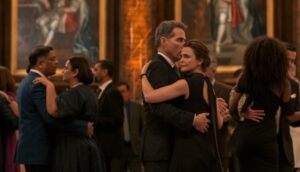 achieve common goals. Yet much like in a marriage, the bonds have to be nurtured and built on trust.
achieve common goals. Yet much like in a marriage, the bonds have to be nurtured and built on trust.
Despite their similar job functions and interdependence, Hal and Kate are not transparent with each other, which leads to some explosive battles. As they focus on building the trust and understanding between other nations, they often fail to do the same with each other. The takeaway: The only way for relationships to prosper is through communication, reciprocity, and compromise.
2) Never underestimate the power of optics
“You know who you can’t fire? Cinderella,” Kate Wyler realizes in a pivotal scene in the first episode. Despite her impatience with the superficial, she has to face the reality that optics play a big role in diplomacy — and in career survival. 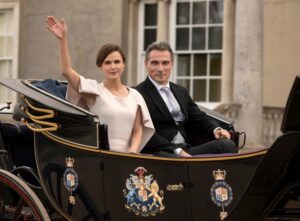 She begrudgingly decides to play along. The glamour, media campaigns, cocktail parties, and photo ops are part and parcel of diplomacy. These are ‘Cinderella things’ that all diplomats and ambassadors have to architect and participate in to paint a positive political portrait. It secures Kate’s job while offering an American version of a “Kate and Wills” team for media and public consumption. The takeaway: A picture is not just worth a thousand words, it has the capacity to influence international policy.
She begrudgingly decides to play along. The glamour, media campaigns, cocktail parties, and photo ops are part and parcel of diplomacy. These are ‘Cinderella things’ that all diplomats and ambassadors have to architect and participate in to paint a positive political portrait. It secures Kate’s job while offering an American version of a “Kate and Wills” team for media and public consumption. The takeaway: A picture is not just worth a thousand words, it has the capacity to influence international policy.
3) Diplomacy is a thankless job
Despite all of the staged glamour, behind every averted war or peaceful resolution are brave and dogged diplomats and intelligence officers who operate behind the scenes. Like Kate Wyler in her previous roles, they do the dirty work in the trenches of conflicts around the world without any recognition. If they are really good at their jobs, the public would never know about the accomplishments. Though some are well-compensated, most of them spend the majority of their time away from home and their families to fulfill their duties. The takeaway: Staying invisible can be a small price to pay for protecting your country’s freedom and thwarting a war.
4) Words are ammunition
“If this was Iran, then mark my words, I will rain hellfire upon them!” Prime Minister Nicol Trowbridge (Rory Kinnear) declares in his fiery speech at the funeral for the victims of the British aircraft carrier attack. The statement immediately goes viral, and ultimately spurs a violent attack at an Iranian mosque.
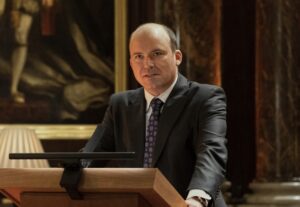 History has shown that the weaponization of public discourse for political gain can result in large-scale violence. The Holocaust or the Cambodian genocide did not start with gas chambers or violence but with hate speech against minorities. Recently, Vladimir Putin’s veiled threats to ex-Soviet states have unfortunately resulted in the full-scale invasion of Ukraine, which has created the largest refugee crisis in Europe since World War II. All eyes and ears are now on China as it ramps up its incendiary rhetoric and military presence around the disputed waters in the Indo-Pacific region. The takeaway: Fiery rhetoric carries great peril.
History has shown that the weaponization of public discourse for political gain can result in large-scale violence. The Holocaust or the Cambodian genocide did not start with gas chambers or violence but with hate speech against minorities. Recently, Vladimir Putin’s veiled threats to ex-Soviet states have unfortunately resulted in the full-scale invasion of Ukraine, which has created the largest refugee crisis in Europe since World War II. All eyes and ears are now on China as it ramps up its incendiary rhetoric and military presence around the disputed waters in the Indo-Pacific region. The takeaway: Fiery rhetoric carries great peril.
5) Trust building is the most challenging aspect of diplomacy
Trust is the most important component of diplomacy — and the underpinning of cooperation among nations. It is also the hardest to build and the easiest to break. In The Diplomat, Kate is having a hard time navigating interpersonal 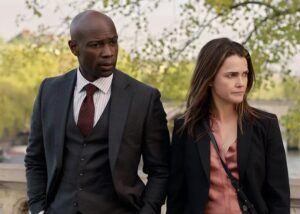 relationships at work because she doesn’t trust anyone, even her husband Hal. Yet she has an important mission to accomplish, and she needs to build rapport and a semblance of trust with her colleagues, especially with her counterpart Austin Dennison (David Gyasi). They may have different motives and methodologies, but they have a common goal and need to work as a team to achieve it. Kate is employing the ‘trust, but verify’ approach to diplomacy– a good compromise on her part because it mitigates risks yet still fosters cooperation.
relationships at work because she doesn’t trust anyone, even her husband Hal. Yet she has an important mission to accomplish, and she needs to build rapport and a semblance of trust with her colleagues, especially with her counterpart Austin Dennison (David Gyasi). They may have different motives and methodologies, but they have a common goal and need to work as a team to achieve it. Kate is employing the ‘trust, but verify’ approach to diplomacy– a good compromise on her part because it mitigates risks yet still fosters cooperation.
Today, trust-building is especially challenging as countries spy on each other, even their allies, and with increasingly sophisticated technologies. The spy balloon incident that deflated fragile US-China relations and the leak of highly classified US military documents about the Ukraine war and other top national security issues caused embarrassment and a breach of trust with the U.S.. With advancements in surveillance techniques, it’s easier to find out who is spying on whom. Intelligence agencies have to rapidly adapt to changes in technology, policies, and political climate or risk becoming irrelevant. The takeaway: Learn to trust, but verify, and only conduct intelligence gathering in good faith.
6) No one who likes power should have it
In the explosive season finale of The Diplomat, Kate Wyler makes a discovery that blows their entire operation wide open. Someone in the government is using the tragedy for political gain, and they must be stopped before the crisis escalates into a full-blown international war.
It’s a scenario that doesn’t just happen in films or TV shows. Greedy, short-sighted politicians resort to antidemocratic and sometimes violent means to stay in power. As Hal Wyler explains, “No one with the temperament to win a campaign should be in charge of anything. It’s the most obvious rule in the world.” The takeaway: Voters need to verify before trusting — and stop electing unscrupulous, power-hungry people to political office.
An intricate play between persuasion and trust, diplomacy is high-wire balancing act between promises and compromises. It’s a delicate and at times perilous dance undertaken not just by world leaders, but by the diplomats and intelligence officers who must move in unison to avoid missteps. The Diplomat may be a work of fiction, but the dangers it portrays and the lessons it shares are all too real.
Our takeaway: Illuminating, smart, funny, and diplomatically speaking, one hell of an addictive show.


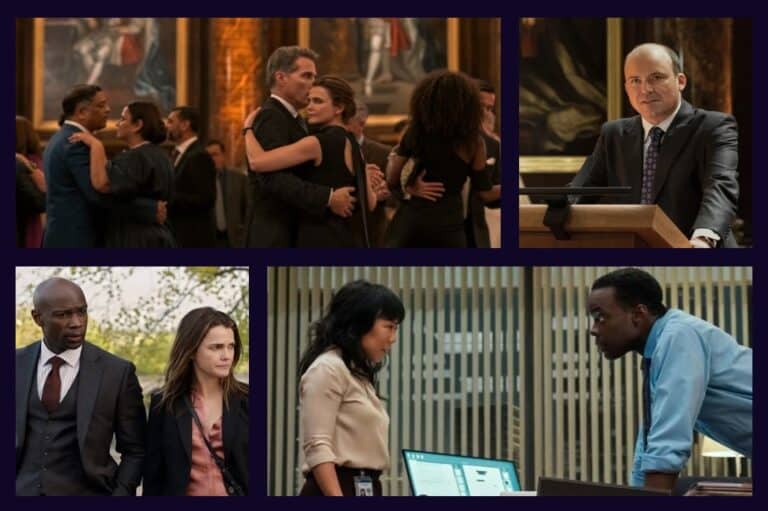
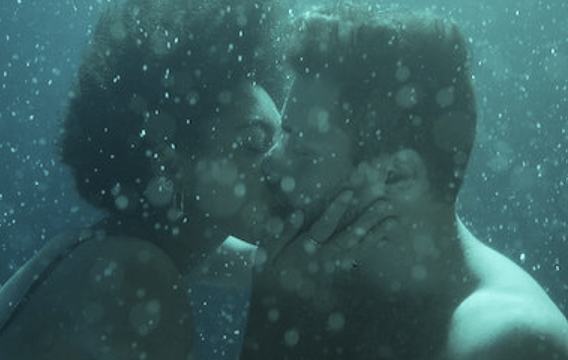
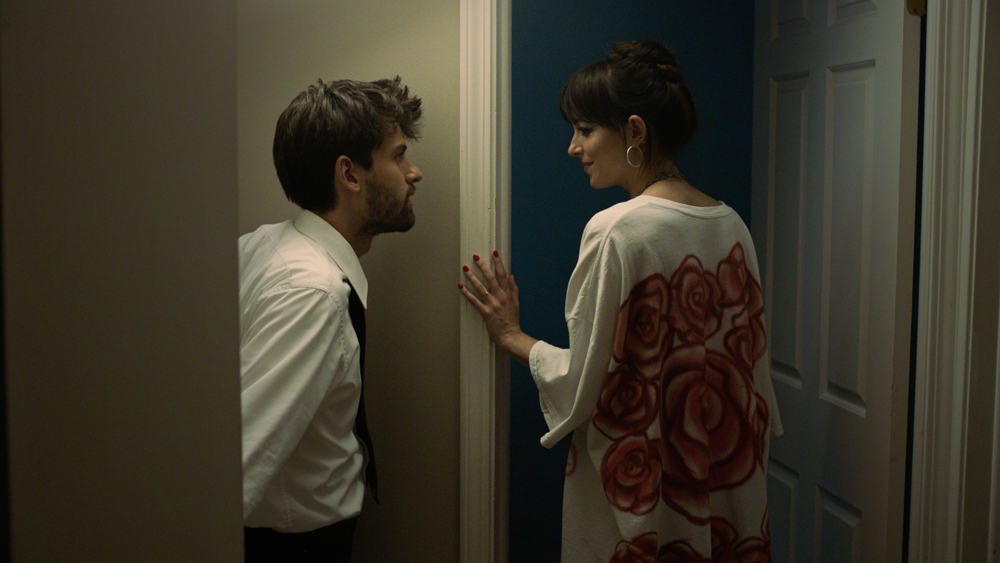
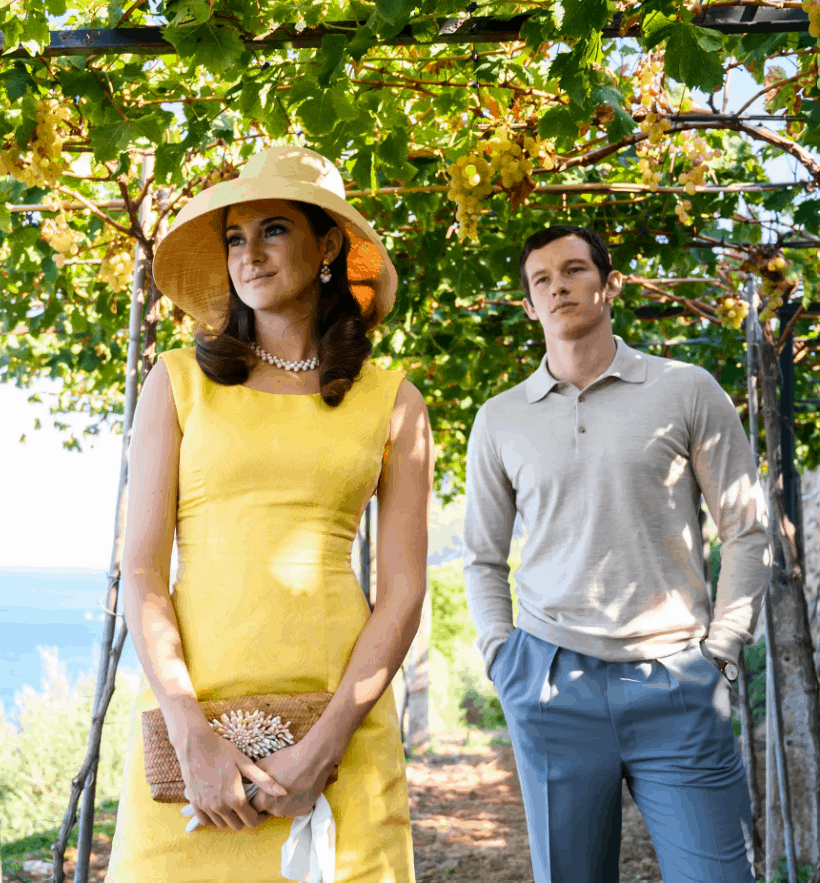
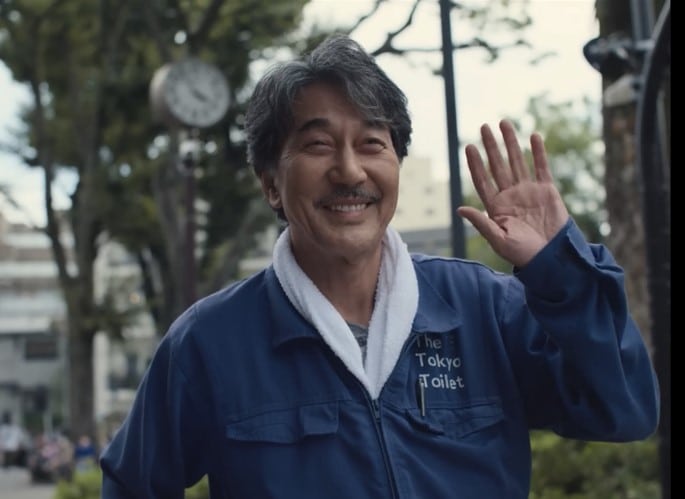

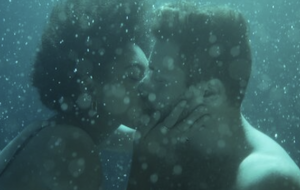
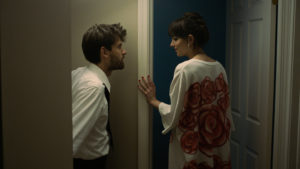
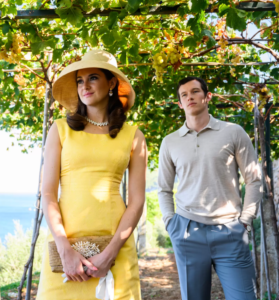
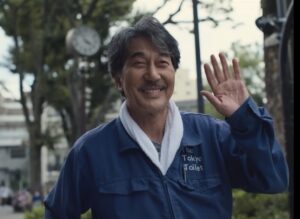
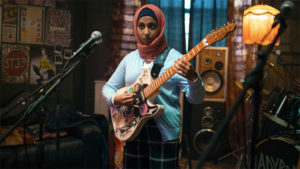
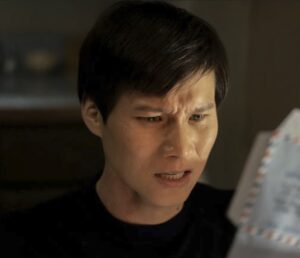
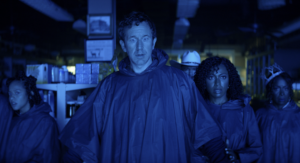




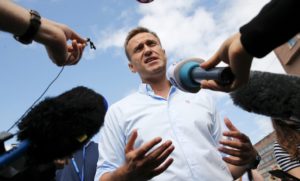

Start a watercooler conversation: